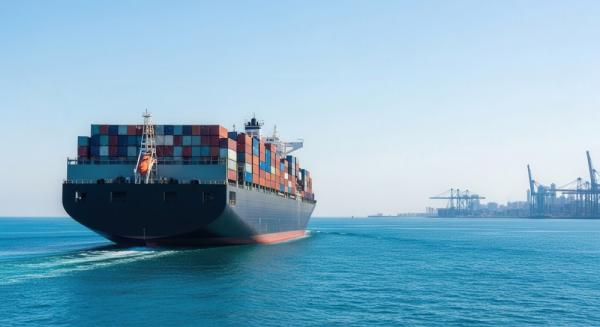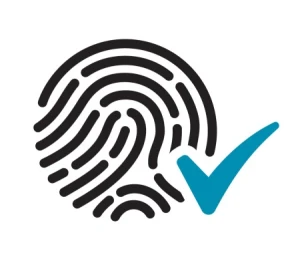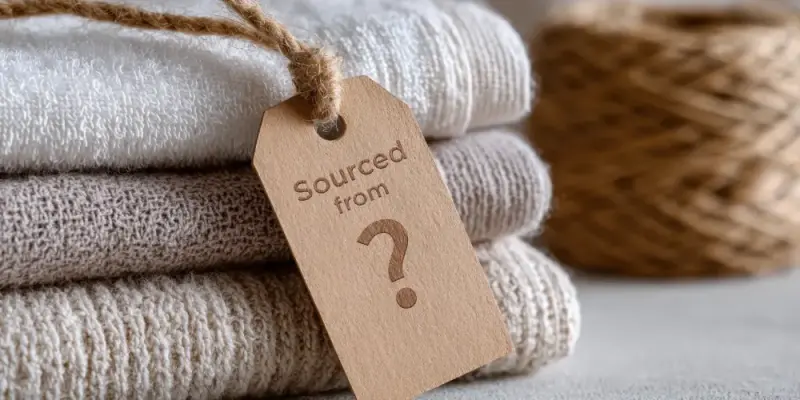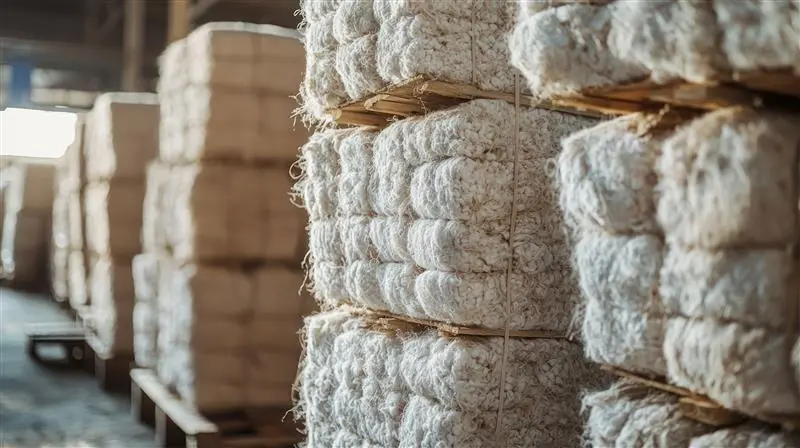4 Things Every Compliance Manager Needs to Know About Origin
By Oritain Team | 27 May 2025
minutes to read.

Origin is the foundation of global trade. Every trade agreement, duty preference, tariff exemption, and enforcement action rests on where a product comes from.
Compliance managers are constantly juggling evolving regulations, operational risks, and supplier complexities. That can make understanding and achieving origin compliance feel like a truly daunting task.
For decades, origin has been handed down as a fixed input – provided by suppliers, keyed in by brokers, or stored in systems. Yet, when regulators start digging deeper, it’s the compliance manager who bears the burden of connecting the dots across transactions, product transformations, and time zones.
Here are four things every compliance manager needs to know about origin.
1. Origin is a critical compliance factor
Origin is a cornerstone of trade. It influences areas like tariffs and preferential trade advantages under Free Trade Agreements (FTAs). Most FTAs have fiber-forward or yarn-forward requirements for textile goods to qualify, which means one wrong step in the origin trail can disqualify a shipment and trigger additional duties.
Sanctions can also be imposed if goods are prohibited due to where they originate from. Such penalties can see businesses locked out of lucrative markets.
Regulators are not limited to targeting operations directly under your control. Under EU law, for example, companies will have to take responsibility for the impacts of businesses outside their direct control, which includes subcontractors, third-party mills, and suppliers several tiers down.
For compliance managers, that means stepping in early, asking better questions, and verifying not just what’s declared but how that determination was made, what inputs were used, and where each transformation occurred.
2. Knowing origin strengthens your risk management
Risk starts at the source. In the United States, legislation places a burden on the importer, not the vendor or the freight forwarder, to ensure compliance with laws, rules and regulations, which requires them to demonstrate where the raw material originated and how it traveled through the supply chain.
If you do not have visibility into where your materials come from and how they were processed, you’re missing crucial data that regulators use to flag shipments.
A certificate of origin on file or unsigned statements are not enough to prove compliance. Authorities want to know where the material actually came from, who handled it, and what steps were taken to verify it.
Without that clarity, a shipment can stall at the border. Worse, it can trigger a broader investigation across other product lines or supplier relationships.
Remember, the real risk isn’t always just in the goods that get stopped but in the ones no one checked. Once enforcement agencies start digging, every declaration could start getting questioned.
When you take time to validate the origin as part of your supply chain risk management strategy, you create a stronger foundation for every other compliance function.

3. Origin can’t be proven through paper trail alone
Most companies still rely on what suppliers said and what forms claimed, but that approach to compliance isn’t holding up anymore. Certificates of origin, FTA declarations, and supplier attestations have all been compromised by bad actors, and in too many cases those forms are used as placeholders for proof.
These forms aren’t facts. Objective, independent verification is the only way to validate that what’s on paper matches what’s in the product.
When the enforcement gets tougher, the paperwork starts losing weight. Regulators have seen too many blanket statements, reused templates, and declarations that tell a story disconnected from reality.
Many companies still rely on supplier declarations, certificates of origin, bills of lading, and standard documentation. Unfortunately, too many of those have been misused or falsified and they are no longer seen as robust enough to prove origin.
A piece of paper doesn’t confirm whether there is or isn’t any prohibited material in your product. And if that’s all you’re using to back your origin claims, you’re on shaky ground. Enforcement agencies are less likely to accept your claims if the origin information isn’t backed by something more reliable and objective.
4. Verifying origin builds trust
Trust in a supply chain comes from what you can prove. If you’ve paid a premium for organic raw material from a specific supplier located in a country to meet ESG and sustainability goals or satisfy investor expectations, how can you be certain you’re getting what you paid for? How do you know what went into the product is exactly what you paid for?
Unless you test the product itself, you may not be sure of the right fiber composition or if it came from a prohibited area.
It’s easy for substitution to occur anywhere in the supply chain because of the economic incentive. If entities can profit by swapping materials for cheaper alternatives without detection, the temptation to cut corners is strong.
What starts as a sourcing strategy quickly becomes a compliance issue, a liability issue, and a brand trust issue, especially if the product is labelled and marketed in a way that doesn’t match what’s inside. Testing your inputs not only reduces legal exposure, but also earns you the right to tell a better story, backed by verified proof.
Origin verification not only protects the importer, but also changes how suppliers behave. Once you start verifying origin, your suppliers start taking it seriously too. That means better documentation, better sourcing practices, better ability to connect with verified suppliers, and a greater compliance culture.
To improve their business and drive global trade, compliance managers need to reject the old-school, paper-heavy ways of managing product origin. By getting proactive and verifying claims independently, businesses can not only avoid big risks and hefty fines but also build solid trust throughout their supply chains.
Verifying origin isn't just about ticking boxes – it's about making sure your business is set for the long haul in today's challenging global economy.
Oritain is a global leader in origin verification, using market-leading forensic and data science to verify the origin of products and raw materials. We work with leading brands across the world to support their compliance, sustainability, and ESG goals. To learn how we can help your business, speak to our team.
Disclaimer: The information provided in this document does not and is not intended to constitute legal advice. Instead, all information presented here is for general informational purposes only. Counsel should be consulted with respect to any particular legal situation.




